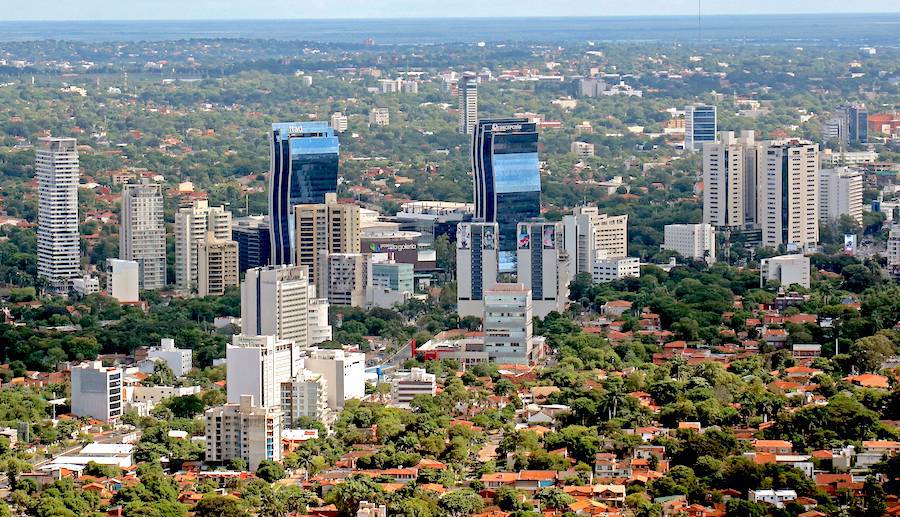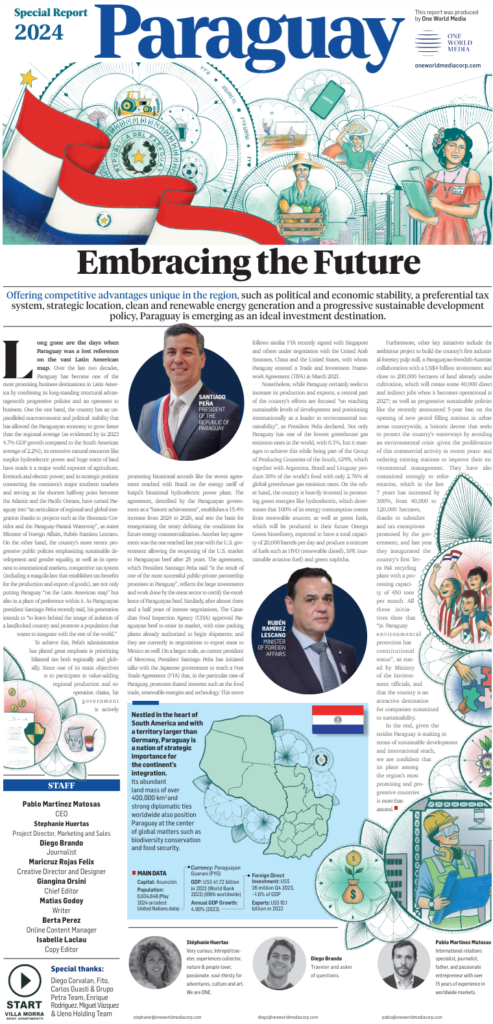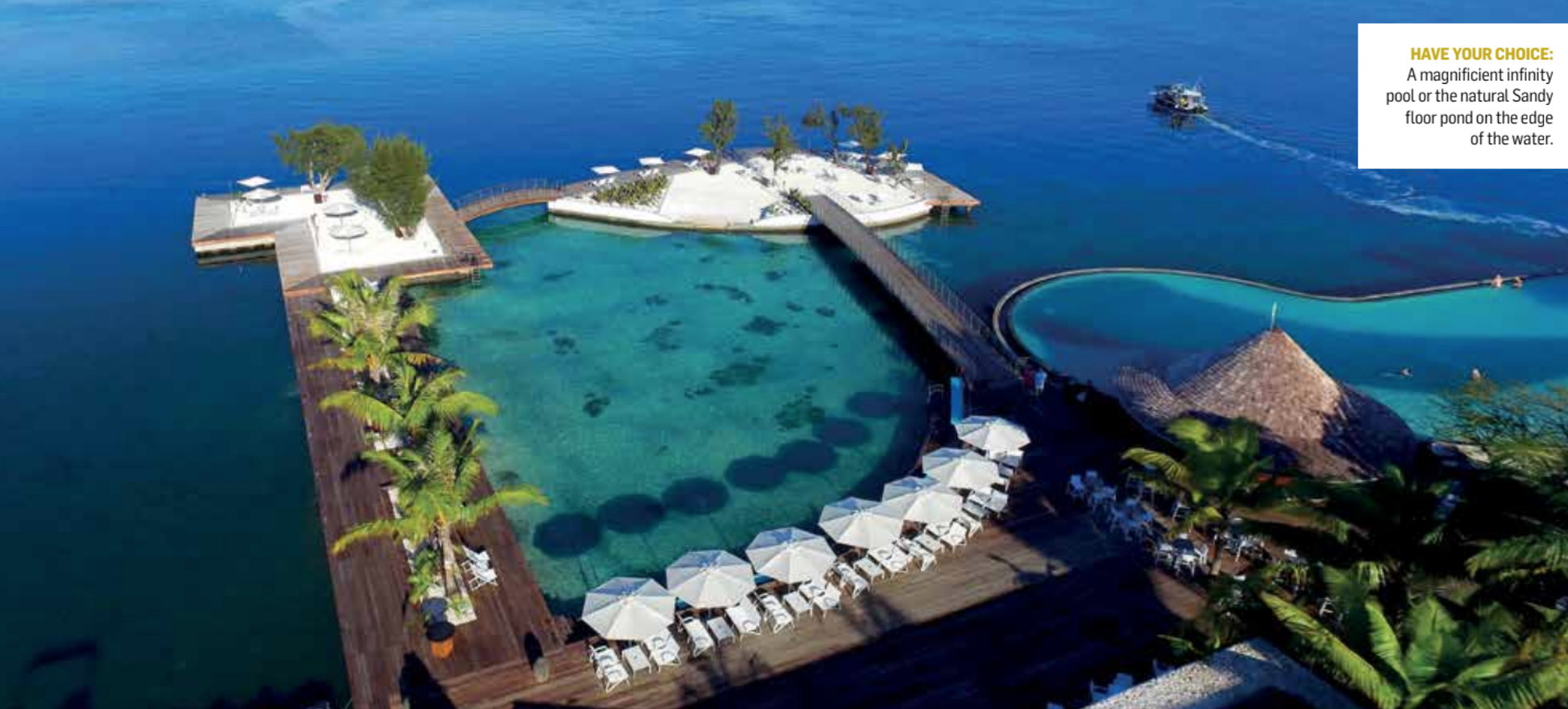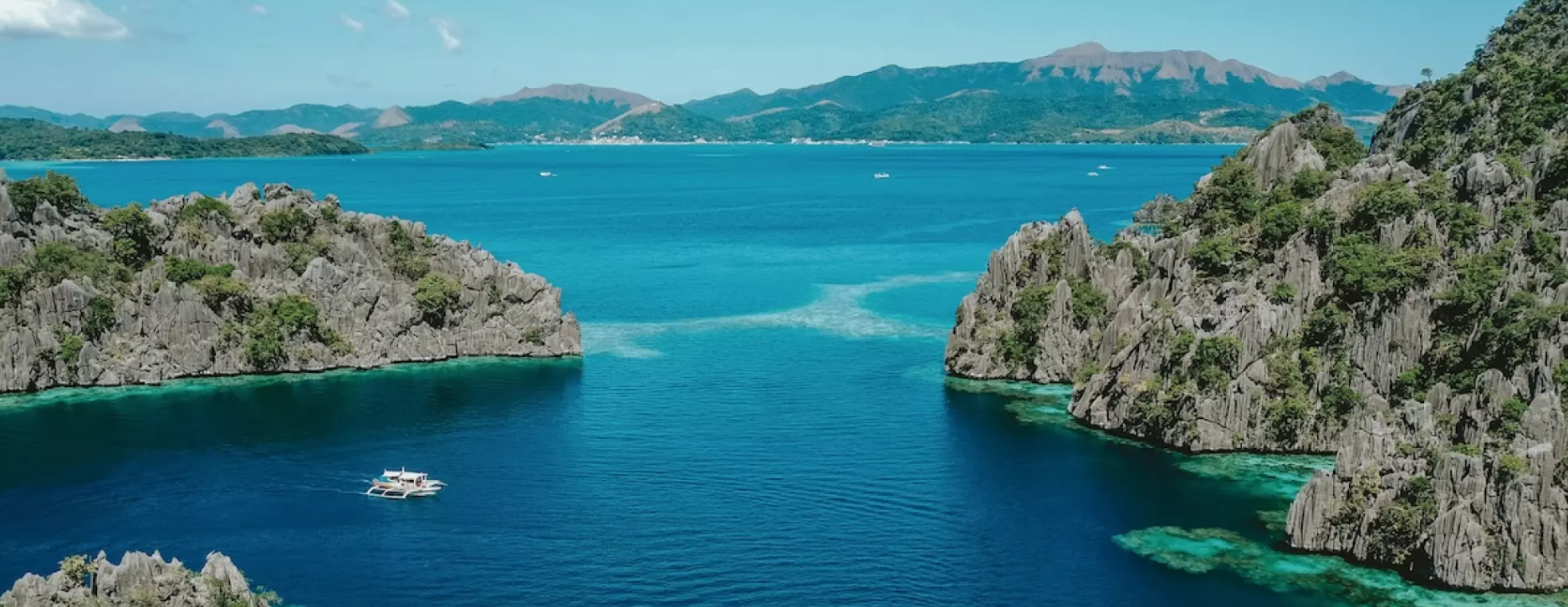Paraguay Unveiled
A Tapestry of Culture, Commerce, and Culinary Excellence

Long gone are the days when Paraguay was a lost reference on the vast Latin American map. Over the last two decades, Paraguay has become one of the most promising business destinations in Latin America by combining its long-standing structural advantages with progressive policies and an openness to business. On the one hand, the country has unparalleled macroeconomic and political stability that has allowed the Paraguayan economy to grow faster than the regional average (as evidenced by its 2023 4.7% GDP growth compared to the South American average of 2.2%); its extensive natural resources like surplus hydroelectric power and huge tracts of land have made it a major world exporter of agriculture, livestock and electric power; and its strategic position connecting the continent’s major southern markets and serving as the shortest halfway point between the Atlantic and the Pacific Oceans have turned Paraguay into “an articulator of regional and global integration thanks to projects such as the Bioceanic Corridor and the Paraguay-Paraná Waterway,” as states Minister of Foreign Affairs, Rubén Ramírez Lezcano.
On the other hand, the country’s more recent progressive public policies emphasizing sustainable development and gender equality, as well as its openness to international markets, competitive tax system (including a maquila law that establishes tax benefits for the production and export of goods), are not only putting Paraguay “on the Latin American map” but also in a place of preference within it. As Paraguayan president Santiago Peña recently said, his generation intends to “leave behind the image of isolation of a landlocked country and promote a population that wants to integrate with the rest of the world.”
To achieve this, Peña’s administration has placed great emphasis in prioritizing bilateral ties both regionally and globally. Since one of its main objectives is to participate in value-adding regional production and co-operation chains, his government is actively promoting binational accords like the recent agreement reached with Brazil on the energy tariff of Itaipú’s binational hydroelectric power plant. The agreement, described by the Paraguayan government as a “historic achievement,” establishes a 15.4% increase from 2024 to 2026, and sets the basis for renegotiating the treaty defining the conditions for future energy commercialization. Another key agreement was the one reached last year with the U.S. government allowing the reopening of the U.S. market to Paraguayan beef after 25 years. The agreement, which President Santiago Peña said “is the result of one of the most successful public-private partnership processes in Paraguay,” reflects the large investments and work done by the meat sector to certify the excellence of Paraguayan beef. Similarly, after almost three and a half years of intense negotiations, the Canadian Food Inspection Agency (CFIA) approved Paraguayan beef to enter its market, with nine packing plants already authorized to begin shipments; and they are currently in negotiations to export meat to Mexico as well. On a larger scale, as current president of Mercosur, President Santiago Peña has initiated talks with the Japanese government to reach a Free Trade Agreement (FTA) that, in the particular case of Paraguay, promotes shared interests such as the food trade, renewable energies and technology. This move follows similar FTAs recently signed with Singapore and others under negotiation with the United Arab Emirates, China and the United States, with whom Paraguay entered a Trade and Investment Framework Agreement (TIFA) in March 2021.
Nonetheless, while Paraguay certainly seeks to increase its production and exports, a central part of the country’s efforts are focused “on reaching sustainable levels of development and positioning internationally as a leader in environmental sustainability,” as President Peña declared. Not only does Paraguay have one of the lowest greenhouse gas emission rates in the world, with 0.1%, but it manages to achieve this while being part of the Group of Producing Countries of the South, GPPS, which together with Argentina, Brazil and Uruguay produce 30% of the world’s food with only 2.76% of global greenhouse gas emission rates. On the other hand, the country is heavily invested in promoting green energies like hydroelectric, which determines that 100% of its energy consumption comes from renewable sources; as well as green fuels, which will be produced in their future Omega Green biorefinery, expected to have a total capacity of 20,000 barrels per day and produce a mixture of fuels such as HVO (renewable diesel), SPK (sustainable aviation fuel) and green naphtha.
Furthermore, other key initiatives include the ambitious project to build the country’s first industrial forestry pulp mill, a Paraguayan-Swedish-Austrian collaboration with a US$4 billion investment and close to 200,000 hectares of land already under cultivation, which will create some 40,000 direct and indirect jobs when it becomes operational in 2027; as well as progressive sustainable policies like the recently announced 5-year ban on the opening of new petrol filling stations in urban areas countrywide, a historic decree that seeks to protect the country’s waterways by avoiding an environmental crisis – given the proliferation of this commercial activity in recent years – and ordering existing stations to improve their environmental management. They have also committed strongly to reforestation, which in the last 7 years has increased by 300%, from 40,000 to 120,000 hectares, thanks to subsidies and tax exemptions promoted by the government; and last year they inaugurated the country’s first Tetra Pak recycling plant with a processing capacity of 450 tons per month. All these initiatives show that “in Paraguay environmental protection has constitutional status,” as stated by Ministry of the Environment officials, and that the country is an attractive destination for companies committed to sustainability.
In the end, given the strides Paraguay is making in terms of sustainable development and international reach, we are confident that its place among the region’s most promising and progressive countries is more than assured.







